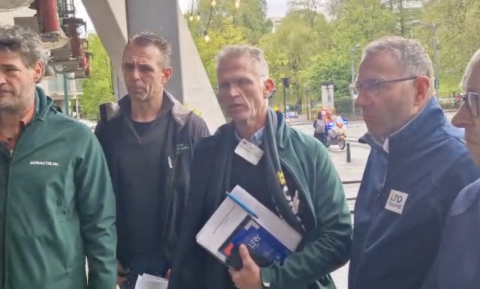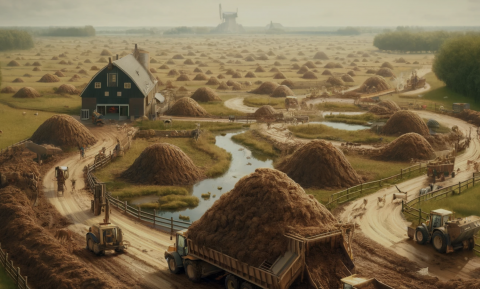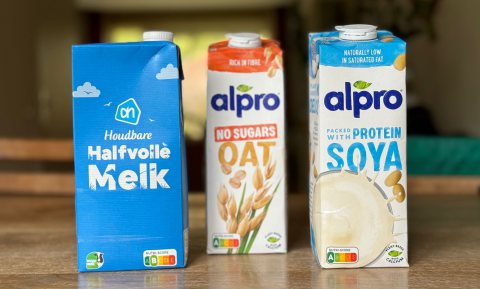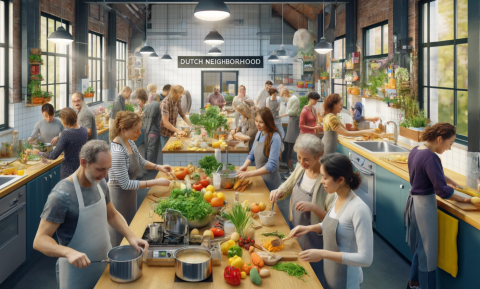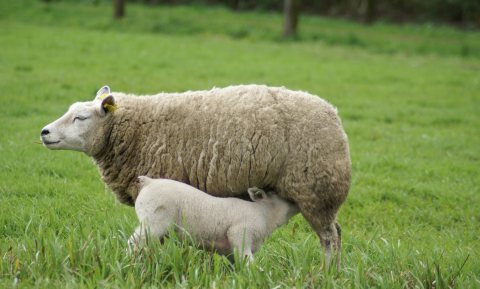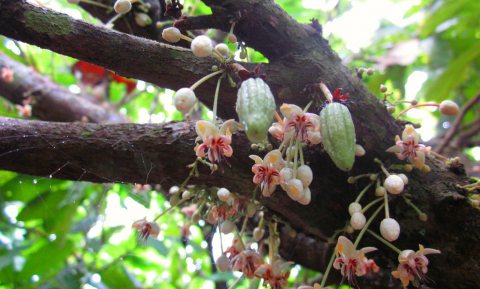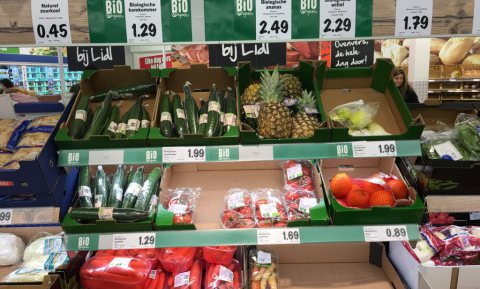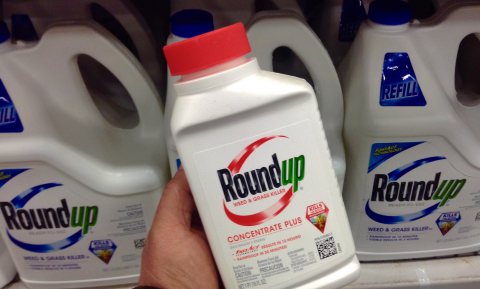
Na afloop van de voedselcrisistop in Rome schrijft George Monbiot deze week in zijn column voor the Guardian:
"For many years, well-meaning liberals have supported the fair trade movement because of the benefits it delivers directly to the people it buys from. But the structure of the global food market is changing so rapidly that fair trade is now becoming one of the few means by which small farmers in poor nations might survive. A shift from small to large farms will cause a major decline in global production, just as food supplies become tight. Fair trade might now be necessary not only as a means of redistributing income, but also to feed the world."
Monbiot refereert naar tal van veldstudies, die volgens hem er op wijzen dat klein back in business is. Waarbij hij stelt:
"If governments are serious about feeding the world, they should be breaking up large landholdings, redistributing them to the poor and concentrating their research and their funding on supporting small farms."
Iedere periode van transitie kent zo zijn hunker naar grote figuren, die met grote woorden, dat wat er zich om en over onze hoofden heen afspeelt, in één grote waarheid weten te verpakken. En telkens weer grijpen enkele "snoodaards" daarbij terug naar kleinschaligheid.
Precies vijfendertig jaar geleden schreef E.F. Schumacher zijn klassieker ‘Small is beauifull’, waaruit deze quote:
"Onze onbevredigbare zucht naar verandering en fascinatie voor vernieuwingen - technologisch, organisatorisch, chemisch, biologisch, enzovoort - schreeuwt om een onmiddellijke toepassing van sturende technieken, zonder alvorens de gevolgen daarvan op lange termijn zelfs al maar te kunnen begrijpen."
Benieuwd of Monbiot's stelling dat fair trade wel een nodig zou kunnen blijken om de wereld te voeden bijval zal krijgen of gecatalogeerd als de zoveelste onbevredigbare zucht naar verandering.
En of de fairtraders er iets mee willen, nu ook daar alles plots groot moet?
Op 5 mei krijg je nieuwe kado-artikelen.
Als betalend lid lees je zoveel artikelen als je wilt, én je steunt Foodlog
